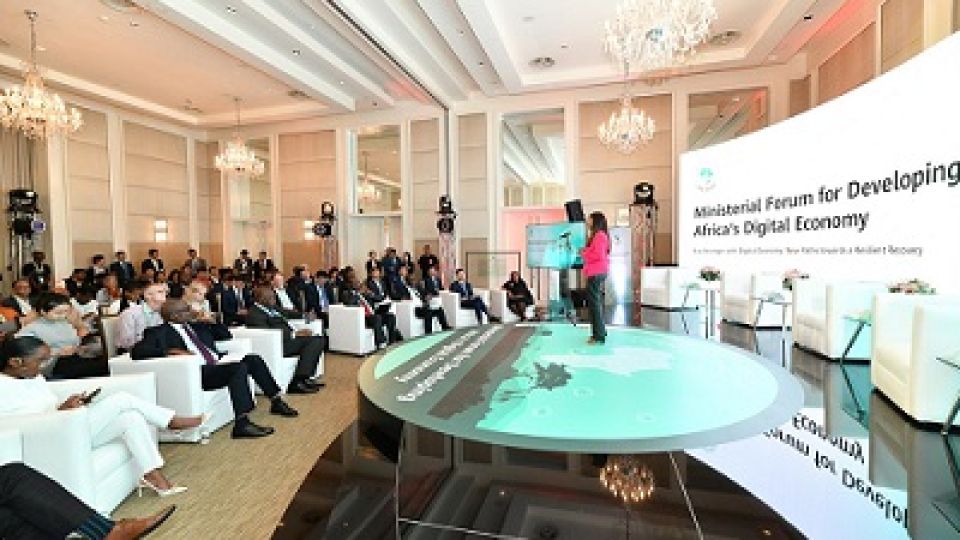from SAVIOUS KWINIKA in Cape Town
CAPE TOWN, (CAJ News) – THE African Telecommunications Union (ATU), technology ministers in the continent and experts have underscored the importance of a digital economy for Africa’s resilient growth.
Participants from Malawi, Namibia, Uganda and Zambia attended a ministerial forum held by ATU ahead of the AfricaCom 2022 in Cape Town.
Huawei supported the forum, held under the theme, “Rise Stronger with Digital Economy: New Paths towards a Resilient Recovery and Growth.”
John Omo, General Secretary of the ATU, spoke about digital transformation as the driver of inclusive economic growth, job creation, the improvement of public service delivery and the optimisation of business services in Africa.
“Africa needs digital innovation to spill over into all segments of business and society if we are to strengthen our digital economy,” he said.
According to the World Bank, Africa requires US$100 trillion to achieve full digital transformation.
“No one, in the public or private sector, has the capacity to do this alone,” Omo stressed.
“Through the power of investment and of regulation, together we can craft a framework that will give effect to the growth and development we want to see,” Omo said.
The session focused on methods to engineer a new sense of hope for Africa’s digital economy journey.
Leo Chen, Huawei President of Sub-Saharan Africa, in his address, emphasised the three major elements of digital transformation: digital infrastructure, digital services and digital skills.
“If we do these three things well, we can connect the unconnected people and businesses, fully unleash digital productivity, and develop the digital economy, no matter what its definition is,” he said.
Chen said to achieve this, Huawei innovates to impact with local partners, to find local solutions to local problems.
“We want to keep what matters the most in Africa,” he said.
“That is why we have made significant investments in people and skills transfer, through training, certification, and joint innovation,” Chen said.
Forum guests were in consensus that digital infrastructure is fundamental to ensuring the digital transformation of their respective countries.
In Malawi, according to Francis Bisika, Principal Secretary of e-Government, 230 000 km of fibre network has been installed across the country including to the remote rural areas.
“We are addressing the issue of connectivity, especially in rural areas, we are also bringing fiber to the home, as well as business. Once we have the connectivity, we can address the issue of digital literacy,” he said.
Malawi has built a government data centre accommodating businesses and individual’s request for networking and storage.
Percy Chinyama, Zambia’s National Coordinator of SMART Zambia Institute, said they are working to maximise the work of revenue generating departments and to reduce duplications of work and now have 240 government services online.
“The digital sector has been given authority in Zambia,” Chinyama said.
Emma Theofelus, Deputy Minister of Information and Communication Technology for Namibia, said ICT and climate change share equal importance in Namibia.
“Digitisation and energy efficiency go hand in hand and we are committed to working to increase levels of digitization and reducing our impact on climate change,” she said.
The inclusion of youth in the continent’s digital transformation was another theme, given that 60 percent of Africa’s population is under 25.
“Even as we have increased the number of tertiary education institutions, levels of unemployment remain a problem, and so we are working towards greater job creation for graduates,” said Ugandan Minister for ICT and National Guidance, Chris Baryomunsi.
– CAJ News

